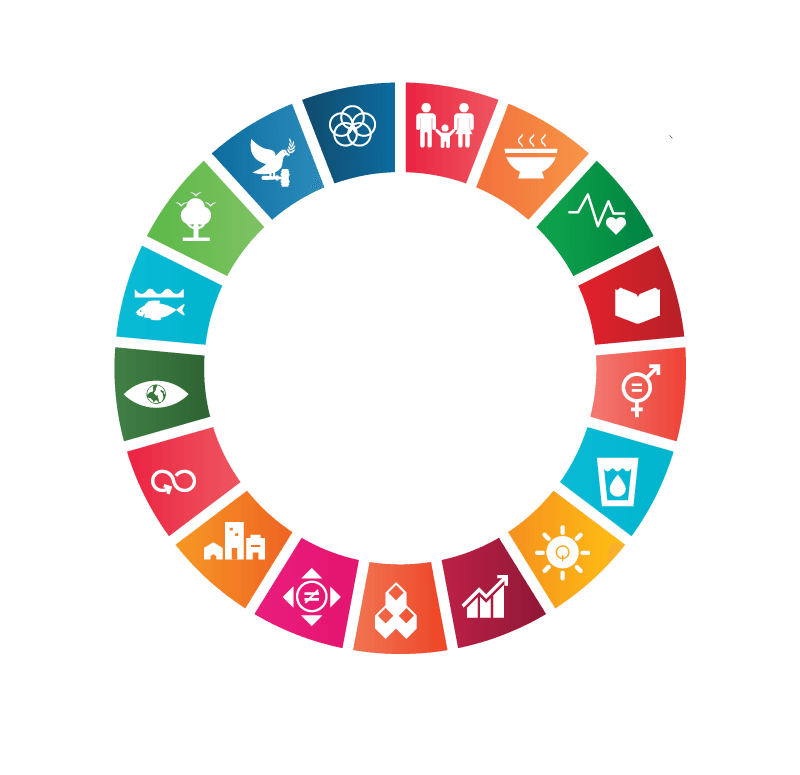

In 2020, a staggering 2.4 billion people, or above 30% of the world’s population, were moderately or severely food-insecure, lacking regular access to adequate food. The figure increased by nearly320 million people in just one year. Globally, 149.2 million children under 5 years of age, or 22.0 per cent, were suffering from stunting (low height for their age), a decrease from 24.4 per cent in 2015.The number of people affected by hunger globally was estimated at 828 million in 2021.
Nigeria has been ranked 103 out of 121 countries in the 2022 Global Hunger Index (GHI), a position that signifies the nation “has a level of hunger that is serious”. This is the second consecutive year in which Nigeria’s ranking on the scale remains the same. Nigeria, Africa’s most populous nation, ranked 103 out of 116 countries in2021 and 98 among 107 countries in 2020.
The GHI is a tool for comprehensively measuring and tracking hunger at global, regional, and national levels. Its scores are based on the values of four component indicators: undernourishment, child stunting, child wasting, and child mortality.
The 2022 report indicates that 12.7 per cent of Nigeria’s population is undernourished. It also shows that 6.5% of under-five children in the country are wasted while 31.5 per cent of children under five are stunted. It also indicates that 11.4 per cent of children in Nigeria die before their fifth birthday.

This program seeks to combat hunger by ensuring a thousand citizens in Abuja have regular access to safe, nutritious and sufficient food weekly; while simultaneously empowering local food vendors, promoting access to affordable meals and offering a market-driven boost to the local food value chain.
As extreme hunger and malnutrition remains a barrier to sustainable development and creates a trap from which people cannot easily escape. Hunger and malnutrition mean less productive individuals, who are more prone to disease and thus often unable to earn more and improve their livelihoods.
'I go Chop WIth IRETI' is built on the principle that a world with zero hunger can positively impact our economies, health, education, equality and social development. This program is both a promise and a challenge to mobilize urgent action to increase efforts to end hunger within our communities.